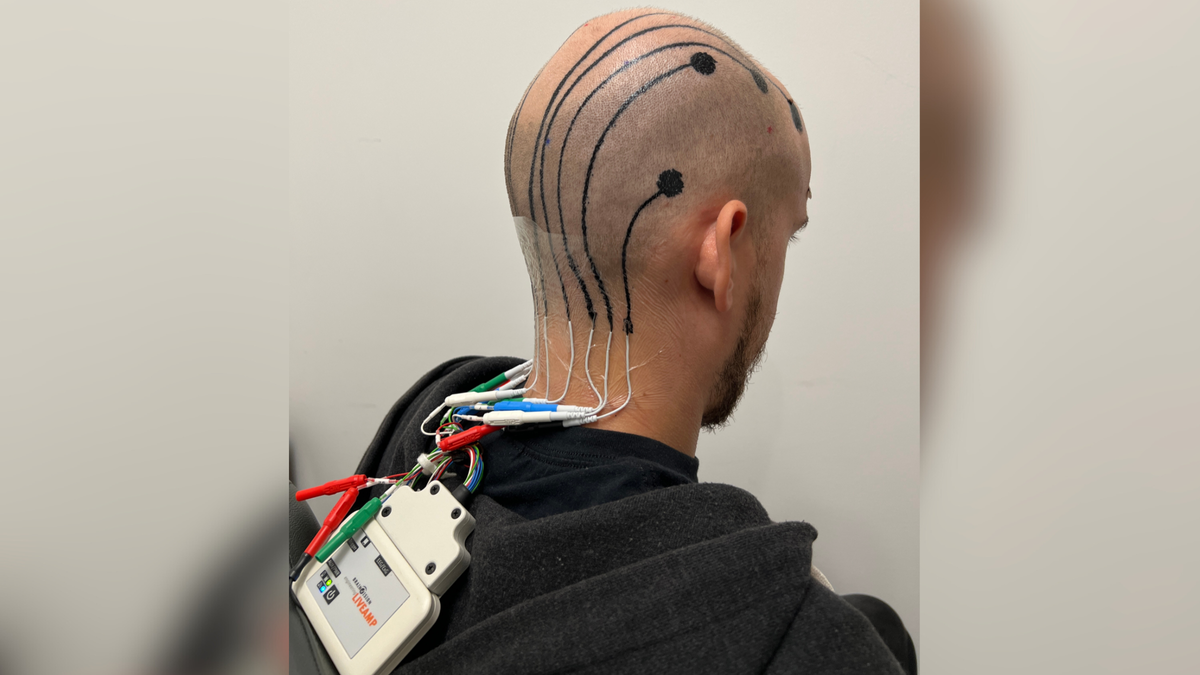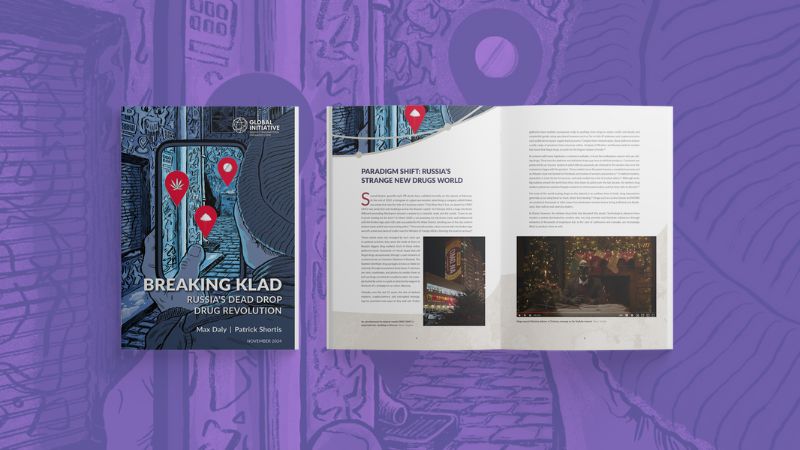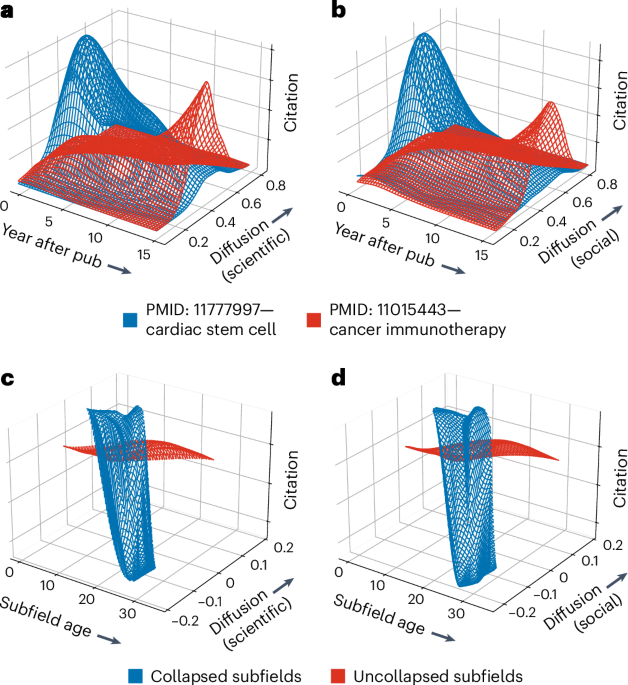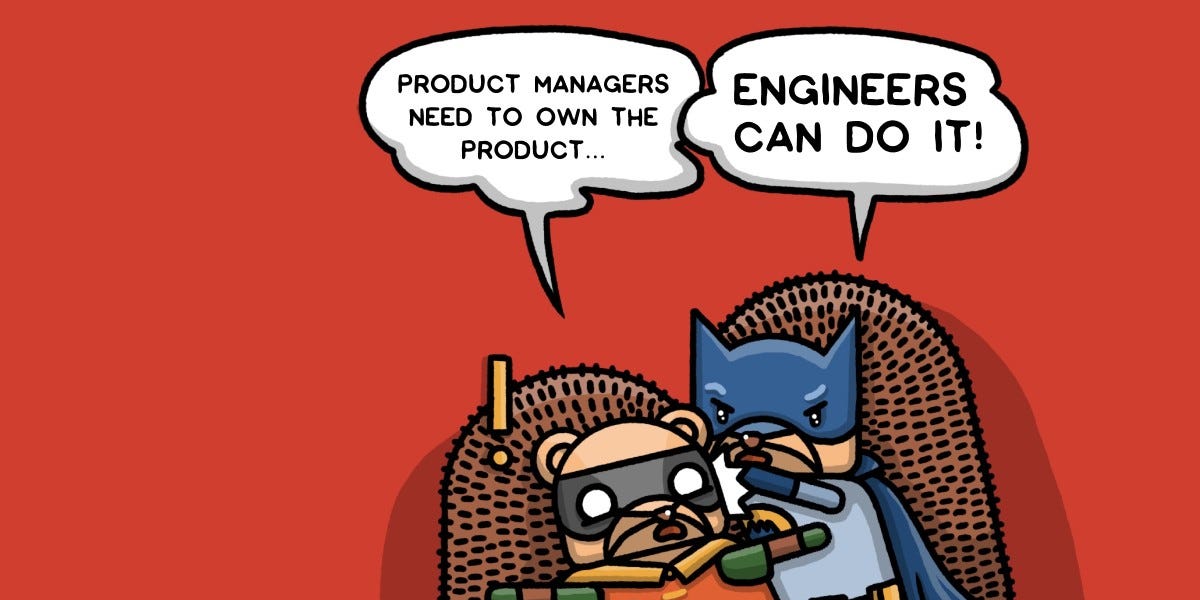
How to get better at remembering
is professor of psychology and neuroscience at Boston College. She has published more than 200 articles and received several awards for her research on human memory, including from the Association for Psychological Science and the Cognitive Neuroscience Society.
is chief of cognitive neurology at the Boston VAMC and professor of neurology at Boston University. He has published nine books and more than 150 articles, and has received awards for research in ageing and dementia from the American Academy of Neurology.
Memory lapses are a part of life. How many times has someone said hello as if they know you and yet you couldn’t quite place their face?
Or maybe you met someone at a networking event and then forgot where you put their business card. To make matters worse, you bumped into them the next day at the train station. They called out your name, but as they drew closer, you began to panic because you couldn’t remember theirs. Did it start with a C? An S? Maybe you gave up and responded with ‘So nice to see you again!’ hoping they didn’t notice you failed to use their name.
If you’ve experienced memory failures like these, you may have resigned yourself to having a ‘bad memory’. But these types of forgetting are common and – whether you are 18 or 81 – there are skills you can learn to reduce them.





















